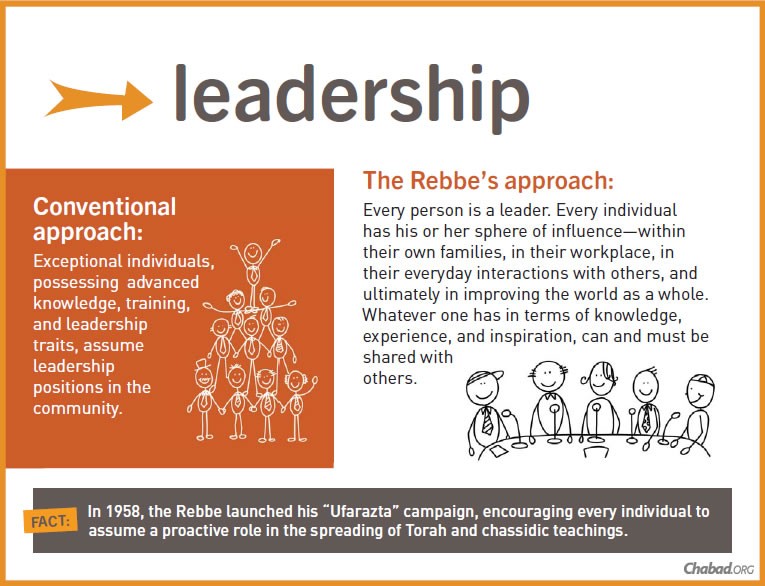Unconventional Wisdom In Personal Finance
Post on: 2 Апрель, 2015 No Comment

Not all advice is good advice.
What is often repeated is not always true. Especially in personal finance. Not every debt is bad, not every method of savings is good.
Lets take a closer look at some widely accepted nuggets of personal finance wisdom, which may not be necessarily good for you.
Max out your 401K
If I had a dollar for every time someone mentioned this, I wouldnt need a 401K. On the face of it this looks like sensible advice max out your tax-deferred savings. But take a closer look at how a typical 401K is setup. You have a limited choice of mutual funds to pick from, the funds themselves have high expense ratios and some have sales loads and if you wanted to go all cash, you dont have a choice. (Im speaking from my experiences with 401Ks, past and present)
Why feed an industry that exists just because there is no regulation or poor regulation? A typical 401K is setup in such a manner that the fund company and the 401K provider wins no matter how the market does. Do I sound like Ron Paul? Heres an example:
Say you wanted to put your money in an S&P 500 index fund in 2011. A fund company that is loved by 401K providers is Rydex. RYSYX from Rydex, is an index fund that tracks the S&P 500. In 2011, S&P returns were 2.09% including dividends. Not great but better than keeping that money in the bank.
If you invested your money in an index fund that tracked the S&P, your returns should be close to 2.09% less expenses in theory.
If you had invested $10,000 in RYSYX S&P 500 index fund, you wouldve made $9,946.19 from 2011 to 2012 a loss, when you shouldve seen a gain
Yes, you wouldve lost money when you shouldve seen a gain! And thats because, RYSYX has an incredibly high fee of 2.29% and a sales load of 1% on top of it. Compare that with another index fund that tracks the very same index, Vanguards VFINX which has an ER of 0.17% and no load. From an investors point of view, both are identical funds.
With Vanguards VFINX, another S&P 500 fund, your $10,000 investment wouldve grown to $10,082.56 from 2011 to 2012 a gain of $82.56
Given a choice, which one would you pick? Obviously Vanguard.
Choice, thats what a 401K curtails. RYSYX is very profitable for 401K providers.
401Ks are the sole reason companies like Rydex even have costly funds like RYSYX.
Unconventional wisdom
Max out your companys contribution. No less, no more. If your company does a dollar to dollar match, thats 100% return! Dont say no to that. For savings beyond that, consider an IRA. The limit is a lot less $5000 vs. $16,500. See if your spouse qualifies for Spousal IRA. If you do, you just doubled your IRA space! Once youve exhausted these options, and if you still have money left, reconsider your 401K again as a last resort.
Buy a used car
This is actually good advice, but thrown around loosely. Yes, you do lose money the minute you take your new car out of the dealership. A used car is a better option, but then not all used cars are the same. There is an ocean of difference between a 10 year old Sebring and a 10 year old Camry. A worn out car will cost you more in the long run on maintenance. And you can never tell which part is going to fail next or when.
Unconventional wisdom
Buy a used car, but one that is still under warranty. This way, if a major part fails, you are still covered. If that is still beyond your budget, pick a car from a maker that has a reputation for reliability. Keeps your insurance low and you might get a good price when you are ready to trade up.
Choose a 15 year mortgage over 30 year mortgage
Another piece of advice that is frequently thrown around is that if you can afford a 15 year mortgage. you should go for it instead of a 30 year mortgage. Yes being debt-free sooner is good and with a 15 year mortgage you definitely lower your overall payments on your house provided there is no disruption to your cash flow for the next 15 years! What if you lose your job and end up on a jobless spell for a year? You still have to make those payments and If you dont have enough savings, you are toast.
if your emergency funds are limited and if you are like millions of Americans with a regular job, you should consider a 30 year mortgage even if you can afford a 15 year mortgage based on your current income levels. Use the extra savings to build up sufficient savings and once you reach a comfort level, make extra payments on your 30 year mortgage to pay it off sooner.

Even $100 in extra payments on a 200K loan will shave off 5 years of a 30 year mortgage. By making extra payments, you can pay off your house in 15 years if you choose to, but have the flexibility of adjusting the extra payments if there is a temporary cash crunch. A 15 year mortgage doesnt offer you that advantage.
Unconventional wisdom
Sign up for a 30 year mortgage, but strive to pay it off in 15.
Dont raid your retirement funds to pay for your house
Depending upon the type of the fund, there are different rules. With a 401K, you can take out a loan of up to 50% or $50,000 whichever is less tax-free and without penalties. With an IRA, you can use up to $10,000 penalty-free for buying your first home. Unlike a 401K, you dont have to pay it back since this is not a loan.
Now, there are times when raiding your retirement can actually be beneficial. Say you are short of $10,000 on your downpayment to avoid a PMI. PMIs are monthly payments that you make as insurance premium for your lender in case you default. Read that again, this is not insurance for you, but your lender! From your perspective you are literally throwing your money away. This is one good example of using your retirement money to avoid PMI and use that savings to replenish your retirement funds, at your pace.
Unconventional wisdom
If using your funds means avoiding PMI, go for it, but pay it back with the savings.
Avoid credit cards
A more appropriate advice would be avoid keeping a balance on your credit cards. Whether you like it or not, credit cards have become a necessity today. All businesses factor in the cost of doing business using credit cards into their products and services. If you have the discipline to pay off your balance every month, why not get back your share of the costs? Choose a rewards card that works for you and enjoy the benefits while boosting your credit scores while you are at it!
Unconventional wisdom
Dont maintain a card balance and enjoy the rewards of a good rewards card.














